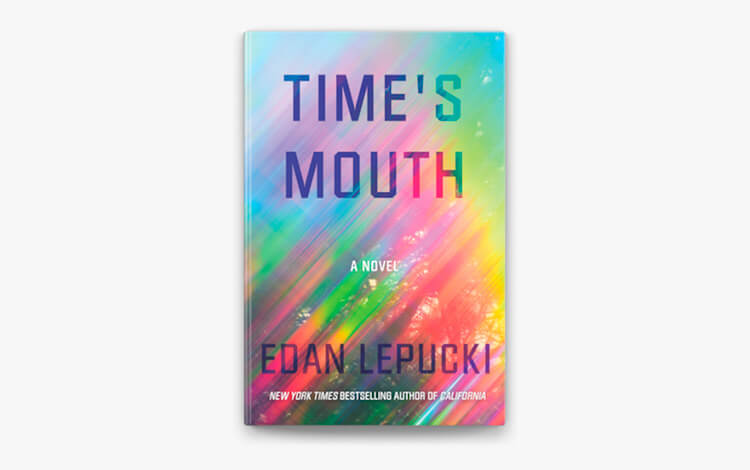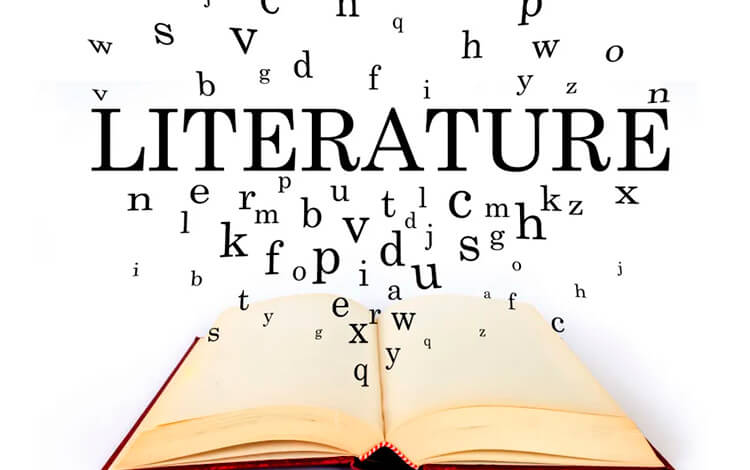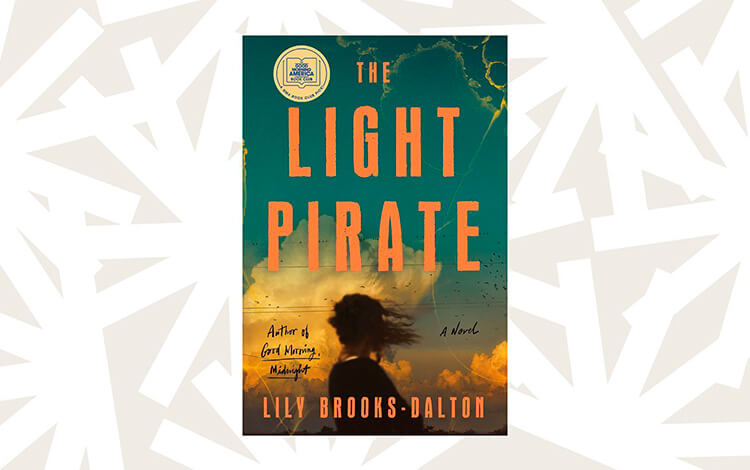Art Imitates Testimony: The Real-Life Inspirations Behind Compelling Stories

Historical Events as Literary Gold
Many of the most gripping novels have their roots in significant historical events. Authors often use these events as a backdrop for their narratives, offering readers a window into the past while exploring universal themes such as love, loss, and survival. For instance, Khaled Hosseini’s The Kite Runner draws heavily on the history of Afghanistan, especially the Soviet invasion and the rise of the Taliban. Through the eyes of its protagonist, Amir, Hosseini explores themes of guilt, redemption, and the impact of political upheaval on personal lives. The novel’s vivid depiction of Afghanistan before and after the war serves as both a personal story and a historical testimony, offering readers a deeply emotional and educational experience.
Similarly, Markus Zusak’s The Book Thief is set during World War II and tells the story of a young girl named Liesel who discovers the power of words amidst the horrors of Nazi Germany. The novel is inspired by Zusak’s own family history, as his parents grew up in Germany and Austria during the war. By incorporating real-life testimonies and historical context, Zusak creates a narrative that is both heart-wrenching and thought-provoking, reminding readers of the personal costs of war.
Personal Experience as Narrative Fuel
Some of the most compelling stories are born directly from the authors’ own lives. These narratives often carry an authenticity and emotional depth that can only come from personal experience. For example, Maya Angelou’s I Know Why the Caged Bird Sings is a poignant autobiography that recounts her childhood experiences of racism, trauma, and resilience. Angelou’s vivid storytelling, coupled with her unflinching honesty, turns her personal testimony into a powerful narrative that speaks to broader issues of identity, oppression, and liberation.
Another example is Joan Didion’s The Year of Magical Thinking, a memoir that chronicles the year following the sudden death of her husband. Didion’s raw, introspective account of grief and loss captures the universal experience of mourning while offering a deeply personal perspective. The memoir’s power lies in its ability to transform a private tragedy into a story that resonates with anyone who has experienced loss.
Societal Issues as Catalysts for Fiction
Authors also often draw on societal issues, using their narratives to comment on the world around them. These stories not only entertain but also provoke thought and inspire change by highlighting injustices, exploring ethical dilemmas, and challenging societal norms. For instance, Margaret Atwood’s The Handmaid’s Tale was inspired by the rise of religious fundamentalism and the political climate of the 1980s. The novel’s dystopian vision of a society where women’s rights are severely restricted serves as a cautionary tale about the dangers of extremism and the erosion of personal freedoms.
Toni Morrison’s Beloved is another powerful example of how literature can reflect societal issues. Inspired by the true story of Margaret Garner, an escaped slave who killed her child rather than see her returned to slavery, Morrison’s novel delves into the traumatic legacy of slavery in America. Through the haunting story of Sethe and her family, Morrison confronts the reader with the horrors of slavery and the enduring impact it has on generations.
Testimony as a Bridge Between Art and Life
The use of real-life testimony in literature serves as a bridge between art and life, allowing authors to explore complex themes with authenticity and emotional depth. Whether drawing from personal experiences, historical events, or societal issues, these narratives offer readers more than just entertainment—they provide insight into the human condition, challenge perceptions, and inspire empathy.
In the end, these stories remind us that while literature is a product of the imagination, it is deeply rooted in the realities of life. The real-life inspirations behind these compelling stories not only enhance their emotional impact but also ensure that they resonate with readers long after the last page is turned.




